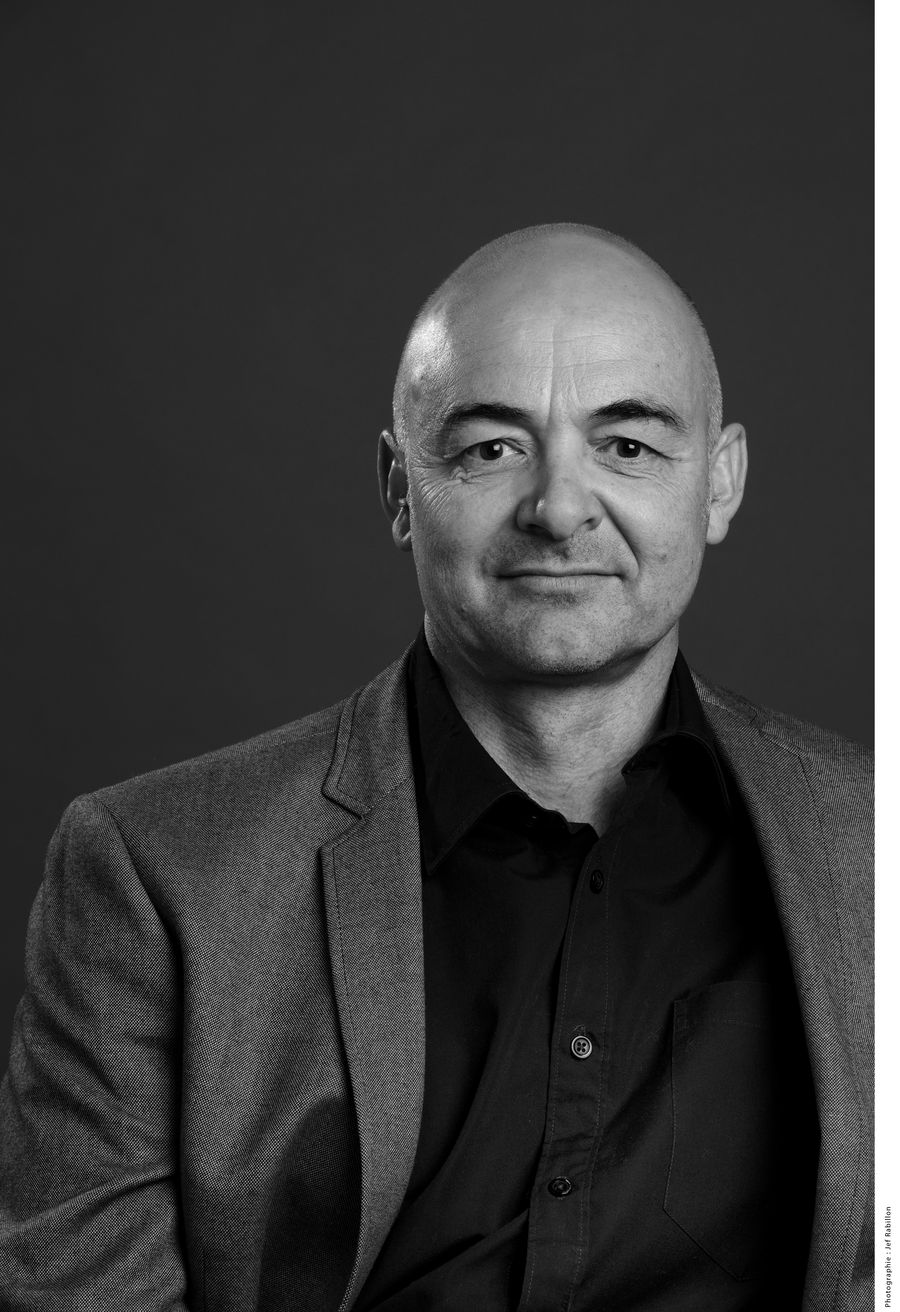
Jean-François Novelli and Frédéric Caton are invited by the Opéra de Saint-Etienne for a work that had been forgotten for a century: Dante by Benjamin Godard.
In the midst of a turbulent political context witnessing the outbreak of a war between the Guelphs and the Ghibellines, Simeone Bardi and Dante Alighieri fought over Beatrice's love. Libertarily inspired by La Divine Comédie, Édouard Blau's libretto draws on the Florentine masterpiece its inimitable tragedy and lyricism, between infernal torments and celestial graces.
An unknown composer, Benjamin Godard is an original figure: a traditional romantic, considered "reactionary" in his time, he evolved on the fringes of the Wagnerian revolution and attached himself to the old forms. Thanks to his talents as an orchestrator, melodist and symphonist, he sublimates tradition and offers a grandiose music, supported by the formidable effectiveness of the choral masses. Almost one hundred and thirty years later, the Opéra de Saint-Etienne offers the public the opportunity to discover on stage the first revival of this singular work, in which the quest for the romantic ideal is merged with Dante's desire for the absolute. For this first performance, Jean-François Novelli will sing the role of Héraut d'armes while Frédéric Caton will play the roles of the l’Ombre de Virgile et du Vieillard.
 Among the other projects of Jean-François Novelli this season include the roles of Guillot (Offenbach's Le Mariage aux lanternes) at the Théâtre de l'Odéon in Marseille, the revival of Ritorno d’Ulisse in Patria with the Ricercar Consort in Palermo and at the Opéra Royal de Versailles, and a video recording of Jean Luc Trules' opera Fridom in Madagascar.
Among the other projects of Jean-François Novelli this season include the roles of Guillot (Offenbach's Le Mariage aux lanternes) at the Théâtre de l'Odéon in Marseille, the revival of Ritorno d’Ulisse in Patria with the Ricercar Consort in Palermo and at the Opéra Royal de Versailles, and a video recording of Jean Luc Trules' opera Fridom in Madagascar.
As for Frédéric Caton, he plays this season successively the roles of the Second Philistine (Samson et Dalila) at the Monte-Carlo Opera, The Mother (Kurt Weill's Seven Deadly Sins) at the Opéra de Toursand the Devin (Rousseau's Le Devin du Village) at the Opéra Royal de Versailles with Les Nouveaux Caractères; not to mention numerous concerts, including a series of Mozart Requiem with the Orchestre Régional de Cannes, then the Orchestre national de Lorraine and Monteverdi's L'Orfeo (as Plutone) at the Théâtre des Champs-Elysées, as well as at the Philharmonie de Paris in the version revised by Luciano Berio.


